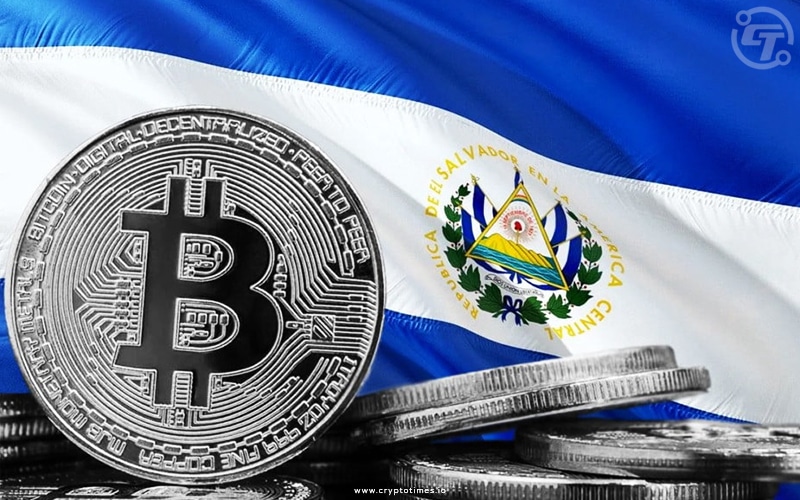A recent survey found that 88% of Salvadorans did not use Bitcoin in 2023. Cryptocurrency payments have sharply declined, with only 1% of remittances made in crypto last year compared to 1.7% in 2022. public adoption remains low despite El Salvador’s government embracing Bitcoin.
El Salvador’s remittance landscape presents a paradox. While the country experienced growth in traditional banking channels and alternative remittance methods, Bitcoin remittances dropped significantly.
The Central Bank of El Salvador reported that remittances in crypto fell to $82.93 million in 2023 from $116.4 million in 2022, in contrast to the historical high of $8,181.8 million in overall remittances.
El Salvador’s pioneering role in Bitcoin adoption remains an isolated case on the global stage. Other nations’ attempts to follow suit have been unsuccessful. The Central African Republic’s effort to declare Bitcoin as legal tender failed soon after its establishment.
Similarly, despite legalizing cryptocurrency as a payment method, Venezuela faces the shutdown of its official token. Crypto adoption in Venezuela has declined with the lifting of dollar restrictions.
Also Read: El Salvador’s Unrealized Bitcoin Profit Reaches $12.6M






